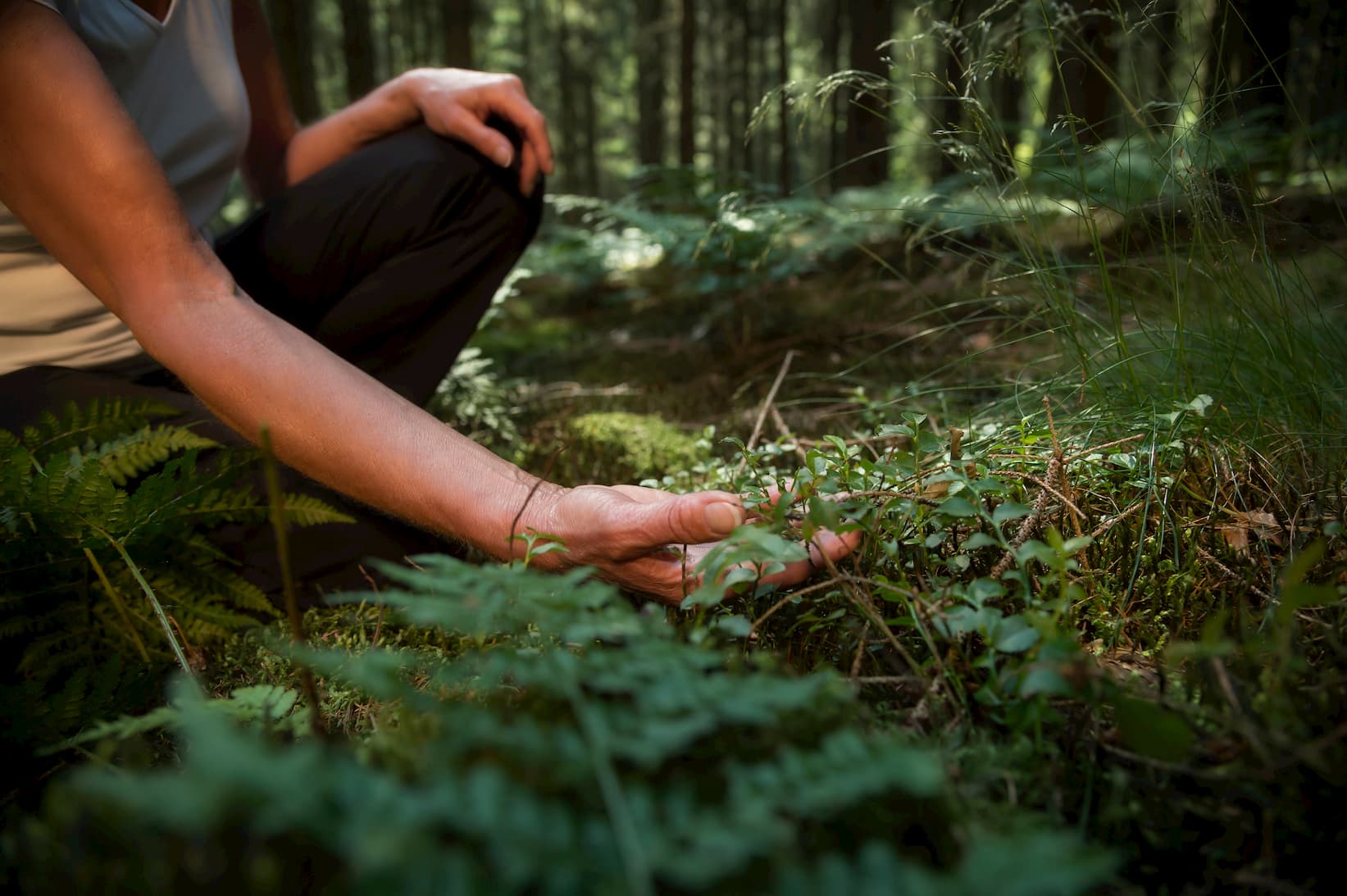Success
Forest Bathing: How Spending Time in the Woods Can Improve Your Health
Forest Bathing, also known as shinrin-yoku, is a wellness practice that originated in Japan. It involves walking around or sitting in the forest — without electronics or a sense of direction — and taking in your surroundings using every one of your five senses.
The idea is to completely immerse yourself in nature by putting away your devices, disconnecting from work, and leaving the comfort of your home. The practice is versatile in that you can either sit down amongst the leaves or wander through the trees, following any scents or sounds you might encounter. You can also explore alone or with family/friends — it's recommended, however, that you maintain total silence in order to get the most out of the activity.

You should remember that forest bathing isn't a form of exercise; it's not a hike, jog or expedition. Because it's more of a meditative activity, in fact, you should focus on moving around the forest at your own pace, resting where and when you please.
Japanese scientist Qing Li has spent years investigating the health benefits of forest bathing. Some of his studies found that our 'natural killer' cell activity (white blood cells that help our immune systems fight viral infections and developing cancers) increased by up to 50% after engaging in the practice.
The stimulation of cancer-fighting cells is just one of the many ways in which forest bathing may positively affect your health. It may lower your cortisol (stress hormone) levels as well as decrease your blood pressure. Having the chance to reconnect with nature and distance yourself from modern-life stressors can do wonders for your mental health; meanwhile, the fresh woodland air will be a treat for your lungs.
Forest bathing is a fantastic, free way of practising self-care. It combines mindfulness with time spent in nature. Most of all, it allows you to connect with your surroundings in a deeper way, relax in the quiet company of family or friends, and explore a space that's free from 21st-century distractions.